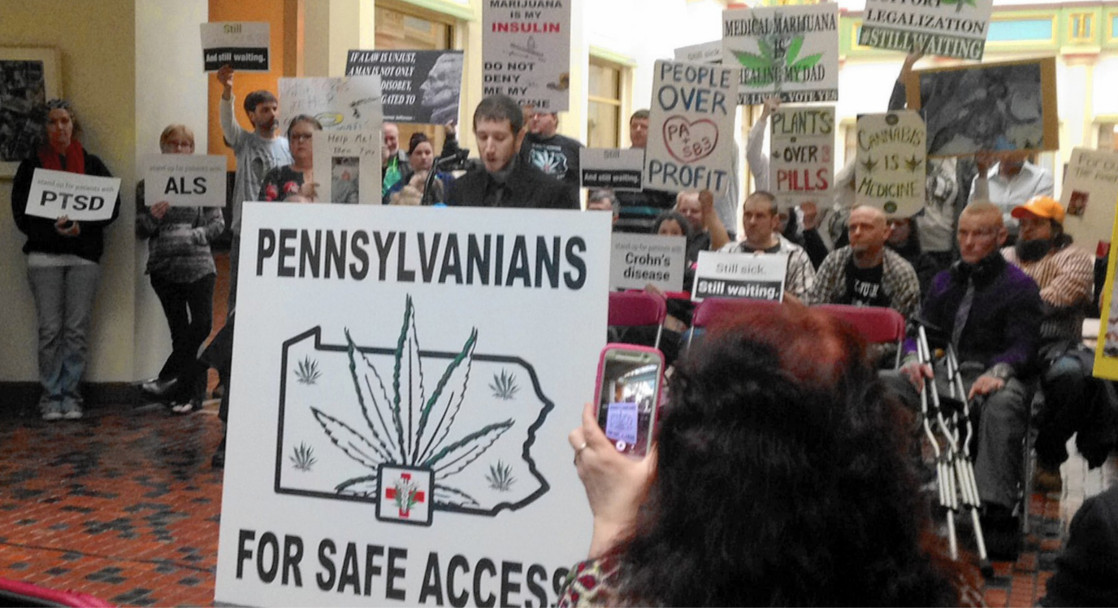Medical marijuana was legalized in Pennsylvania one year ago, but the program is not planned to go into effect until next year. As the program ramps up, entrepreneurs have been setting up new marijuana businesses while local governments are tweaking zoning laws and identifying ideal locations for new MMJ facilities. The Pennsylvania Department of Health has also formed a team to create regulations for marijuana growers, processors, dispensaries, and labs.
This summer, growers, processors, and dispensaries will be able to get their licenses to do business in the state. The application process closed on March 20th, and the state expects that it will be able to review them all within 90 days. “I think everything's on pace for opening the doors in early to mid-2018,” Russ Cersosimo, director of strategic alliances for the Pennsylvania Medical Cannabis Society, said.
Last week, the state Department of Health released draft guidelines for physicians who want to register for the medical marijuana program. The regulations require that doctors cannot have any financial interest in medical marijuana businesses, and that they cannot advertise that they are registered to prescribe MMJ treatments.
“I understand what they’re going for because they don’t want abuse to happen,” said Dr. Bryan Doner, co-founder of Compassionate Certification Centers, a Delaware-based MMJ marketing and consulting company. “But when patients can’t find the doctors who are willing to certify them then the program cannot be as successful as it could be.”
Several of the startups and physicians investing in the state's MMJ program will be attending the World Medical Marijuana Conference and Expo in Pittsburgh next weekend. The event will feature two former NFL players (Ricky Williams and Marvin Washington) and talks by medical, legal, and business experts. Workshops covering topics ranging from the latest medical marijuana technology to cooking with cannabis will also take place.
“This conference is for anybody interested in medical cannabis. They could be an investor, someone interested in a new career, a provider or a patient,” said Melonie Kotchey, COO of Compassionate Certification Centers.











